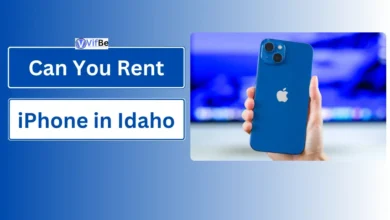Global and Regional Bans on TikTok: An Overview
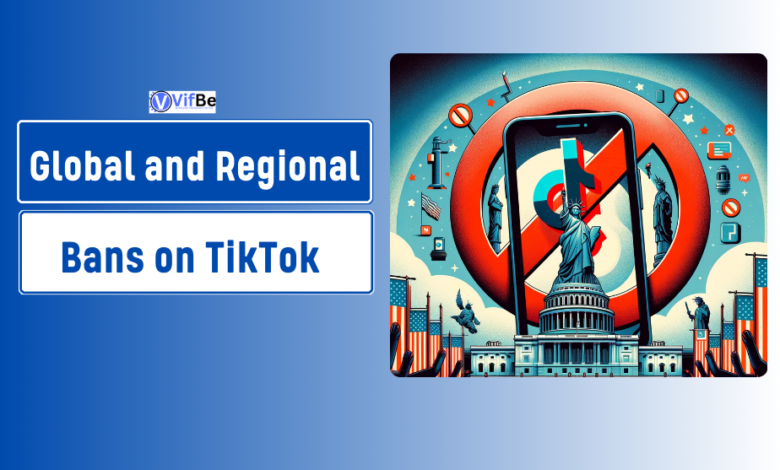
The latest social media that grew rapidly in recent years is a TikTok, a social network for sharing short videos. However, the app has got criticism and restrictions worldwide; therefore leading to bans and prohibition in many parts of the world. This article traces the history of the social media application TikTok’s bans globally and in specific geographical regions and it analyzes the rationale behind these ban, the consequences of the bans on the users and producers of the TikTok contents and the future of TikTok.
Historical Context of TikTok Bans
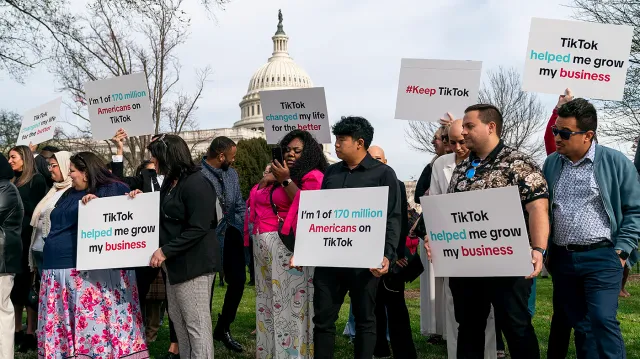
There have been many TikTok restrictions and country bans in the process of its evolution toward becoming TikTok. At first developed as Douyin for China in September 2016 and later as TikTok for the international market, the app was fast-growing. However the governments started voicing their discomfort about the platform’s approach towards data privacy and security by 2019.
Some countries, including India, have been the vanguards, following through in June 2020 to prohibit TikTok and 58 other Chinese applications on grounds of sovereignty insecurity. Then, to data privacy concerns and geopolitical rivalry with China, the United States followed the same tactic.
For instance, Indonesia and Pakistan have restricted the access temporarily using different reasons such as content regulation or differing cultural sensitivity. These are features of historical materialism which help to explain the current legal troubles endured by TikTok.
How TikTok Is Positioned Across the World
There is no reason to doubt the popular social network TikTok, which has users from all over the world and of different ages. Currently, the platform has more than one billion active users globally, making it reachable to so many related people. This has made the application a giant in social networks and allows the creators to distribute materials to an international audience.
But such a global presence also prompts such national authorities to take action in which they perceive threats in data privacy, security, and prevailing culture. Today TikTok is still developing, and, for comprehending the tendencies of TikTok restrictions and the response of various countries to the impact of the application, studying its international influence is vital.
Reasons Behind Bans
The data privacy and security concerns have become the primary causes that governments evoke when coming up with TikTok prohibitions.
Data Privacy
Issues of data protection laws have emerged as important aspects particularly concerning the way TikTok processes users information. Opponents noted that the app harvested users’ data, enforcing government spying and negations of users’ rights.
Security Concerns
There is a widespread concern that governments again due to the ownership of TikTok by a Chinese company, may use it for espionage, with some giving allegations that the Chinese government could be coaxing the data of users. Such issues with national security have led to discussions of the regulation of the app and the appropriate increase in platform responsibility.
Geopolitical Tensions
While TikTok itself is an interesting curio of Chinese soft power, it has become intertwined in the larger narrative of Sino-global antagonism, especially with America. These considerations are mostly revealed in the act of regulation that might surround the app.
Impact on Users and Creators
First of all, the bans refer to TikTok; however, the consequences are multiple-sided – it includes both the application and all the people who use it or make content for it.
User Engagement
This paper has described how TikTok has fostered a diverse population of users who use the platform for engagement and monetization. Bans result in people losing focus and stability, financially for such individuals. There may be important content or just favourite communities that users no longer can access after being removed or banned.
Shift to Alternatives
Some of the known popular and usable applications for avoiding TikTok have been Instagram Reels, YouTube shorts and Snapchat spotlight. These platforms offer the above functions, although again there are difficulties associated with the means of engaging users and using them for the creation of communities.
Comparison with Other Social Networking Sites
The problem that affects TikTok is not an isolated issue; similar circumstances have occurred with other social apps. For instance, the Facebook and Twitter companies have been most affected in the past few years by their regulators such as matters relating to content regulation and sovereignty of the internet. Analyzing TikTok in relation to these platforms presents that the problem of social media regulation is global with the difference of the extent of influence on user experience or level of compliance with the platform.
Future of TikTok
It is constantly important to pose a query for the next-in-line apps of TikTok, which is to figure out, whether or not it is admissible or conceivable to ban, or for how long TikTok is equipped for the confrontation. With governments fearing for their countries data to be transferred to an international company such as Tiktok, the company might have to change its line of operation to adhere to international policies.
Task: Legal issues and How they have been addressed
Pertaining to its legal risks, TikTok shall also have continuous legal cases in different locations in the future. This platform has always fought for bans and has mostly pursued legal avenues to achieve that. These efforts are necessary to operate it in the areas that have a policy that banned various apps from the global market.
Public Reactions and Protests
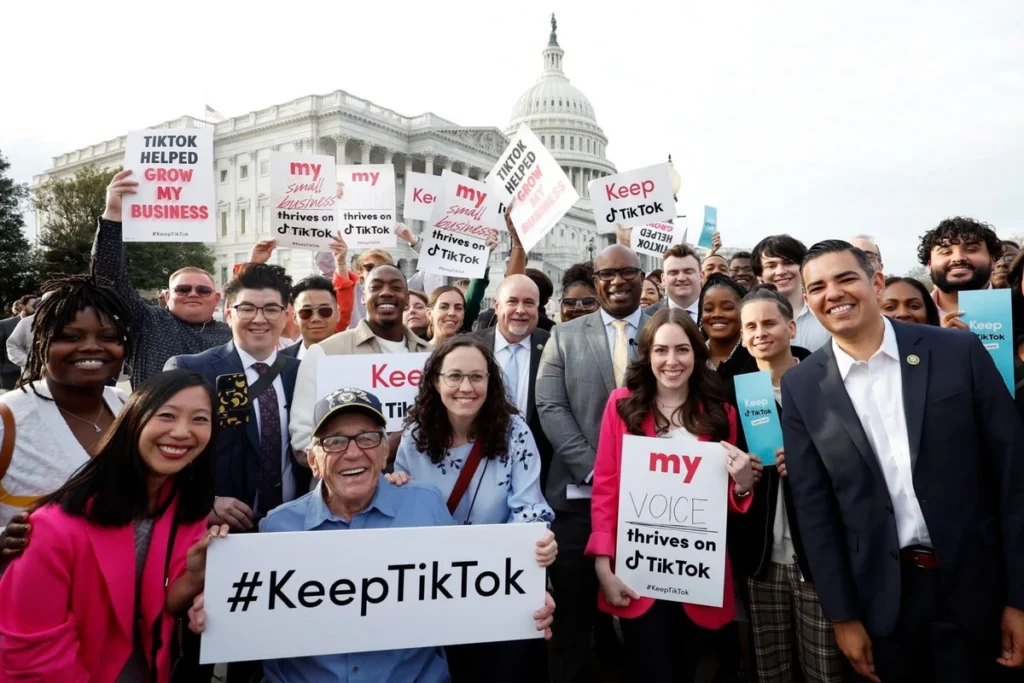
It’s these freedom of speech protests when TikTok bans are made as users besiege their different authorities and come up with advocacy. Due to restrictions, movements from the bottom up have been encouraged from the users for the cause of digital rights, and freedom.
Top countries with TikTok banned
Many nations have made some measures towards TikTok, with current TikTok bans and prohibitions. India is a typical example of a country that shut down the app in June 2020 due to issues to do with national security and data privacy. Similarly, countries like Afghanistan and Pakistan have also gone into ban mode, which is admired a protocol of TikTok bans that is stretching across regions.
Currently, in the United States the spot is being actively discussed in regards to regulation and the possibility of complete banning the platform due to its influence on freedom of the users and national security of the country. The actions made in these few countries exemplify the and how there is just different approaches to regulating social media and the continuous issues TikTok sustains as it tries to establish and stay relevant in this emerging market.
The contribution of governments regulations on social media.
This paper looks at government regulations as a major factor with regard to social media, regarding how applications like TikTok work. In my opinion, ‘…Regulating social media is necessary for ‘protection of the community,’ ‘anti-cyber bullying,’ and ‘holding ‘MLM companies accountable.’ Currently, governments around the globe are shifting their attention towards enacting laws that meet data privacy needs as well as safeguard the nation’s populace from risks.
With regards to TikTok, regulations arise due to concerns concerning the transfer of data across borders and subsequently the mishandling of the users’ data. In this case, TikTok operates under legal requirements that put it in a dilemma between serving the user population and creators as well as world governments.
The TikTok Bans: The Impact and Participation
The effects of the bans in TikTok are radical changes to the dynamics of content creation for the to tiktokkers and their followers. The first thrust that creators have, when a ban is put in place is that they instantly lose their principal avenue of patronage and interaction. It can help to reduce creativity or even hinder chances to earn money to people who use TikTok as the main source of income.
Moreover, the instability in regard to banning in the future also causes stress for the authors and makes them look for other social networks. Consequently, most people are looking at other avenues of the TikTok substitute to continue with their art and engage with the audience via other platforms, thus, changing dynamics of material sharing on social networks.
The Economic Impact of TikTok Restrictions
In this piece, it is seen that TikTok constraints do not only have economic impacts on the platform but also on the users, influencers as well as marketers or organizations that use the platform for advertising. Many creators state the absence of a valuable source of revenue and often seek financial security elsewhere, which fall into the list of consequences.
Marketers engaging in either direct advertisement on tiktok or using the application as a promoter of their brands are also affected because their reach to millions of potential clients is limited. The consequences of such economic effects may be diverse and can cause the changes in the general marketing tendencies and pushing brands to transition to new sites. In sum, this paper has discussed challenging of TikTok bans for the total economy, underlining the function of the system in stimulating customers and advertisement markets.
TikTok’s Policies vs Competitor Policies
However, more attention needs to be paid to comparing TikTok’s policies to those of the rivals. As much as Instagram, Facebook and YouTube have also struggled with regulation, they have now adopted unique polices on moderations of content, privacy and security of user data.
For example, TikTok is currently working on transparency to counteract problems with data processing and user protection, but its strategy might be extremely dissimilar to that of competitors who focus on content moderation or the user. This comparative analysis raises the question of how TikTok, which is a relatively new social media platform that seeks to balance user attention and compliance, can adapt to the global environment as the leading social networks.
Future Trends in Social Media Legislation
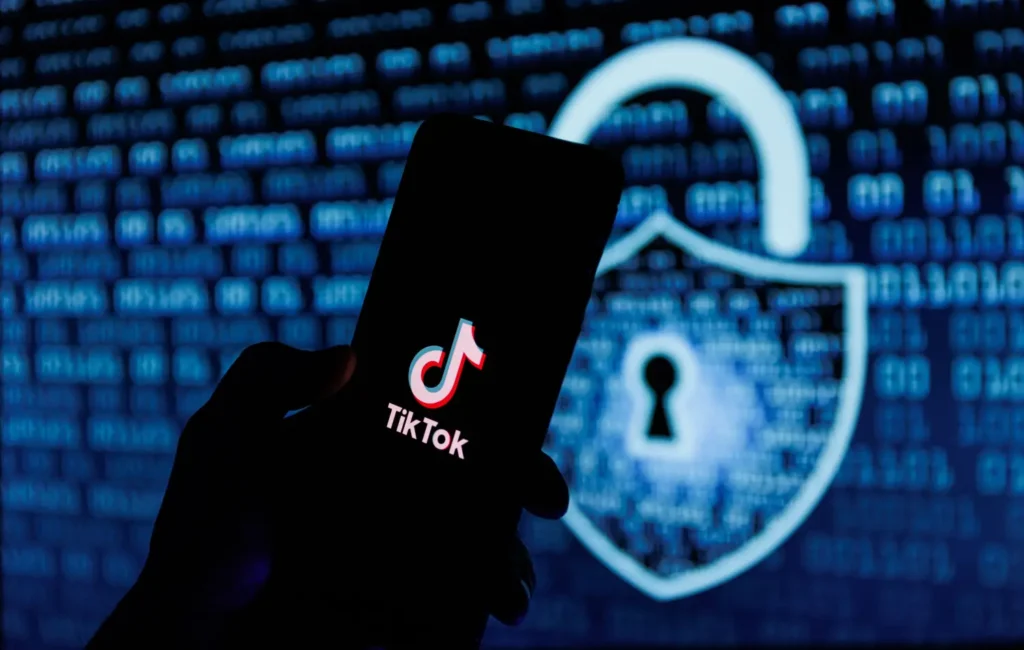
With ongoing changes to the discussion surrounding social media, future advancements in social media legislation will dictate the working structures of the platform, such as Tiktok. Informative information expectations consist of the enhancement of data protection rules, gaining attention to the government actions related to content banning, and a focus on platform responsibility.
Moreover, the idea of digital sovereignty is likely to make nations set up regional laws; a move that will make the global business operations of such platforms even more challenging. As such trends unfold, TikTok will have no option but to backtrack policies and practices that will still make the site relevant and viable for users and content-providers but also taking consequences that are bound to flow from regulatory changes.
Conclusion
In this paper, the author provides an overview of the current and potential conflicts between TikTok and different countries and their governments. As the app goes through the difficulties caused by TikTok legal concerns and governmental actions, citizens and content producers become affected by legalappeals from governments all around the world. It is therefore imperative for person who directs social media’s future to comprehend these dynamics as a way of safeguarding its users and their privacy in the ensuing social media platforms.
FAQ: Related Global and Regional Bans on TikTok
Why is TikTok facing global bans?
The main reason that governments keep restricting the usage of TikTok is in data privacy, security threats, and connections to the Chinese government. Some countries get worried since their users’ data might be surrendered to China’s authorities with different malice intents.
Which countries have banned TikTok?
Till date, India, Afghanistan, and some parts of the United States have restricted or banned the use of the application called TikTok. They range from national security to cultural aspects in general.
What are the potential consequences of a TikTok ban?
The ban of TikTok will not only affect the AI-powered creators and the TikTok company itself but also could have the severe consequences on the economy of various industries that use it for advertisement. In addition, using it may block the ability of a user to get entertainment or social interaction that TikTok offers.
Are there any exceptions to the TikTok bans?
However, there can be special cases in some areas that people from the government or any organization that needs this platform for communication. However, these exceptions vary with the area of the law and they are commonly confined and restricted.
How have users responded to TikTok bans?
People have had different reactions to the bans issued to TikTok; while some embrace the bans to do with privacy, others are demonstrating against the bans arguing for freedoms of speech and space to be creative.



